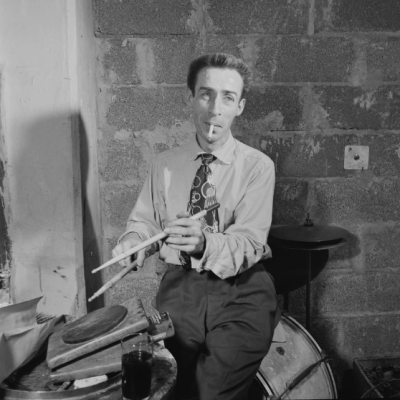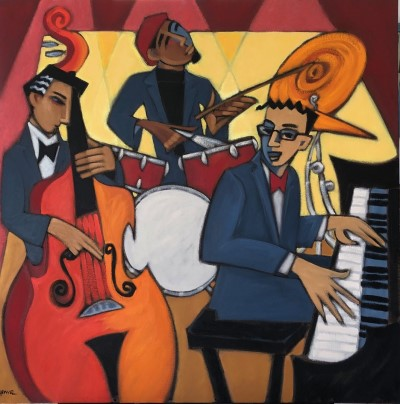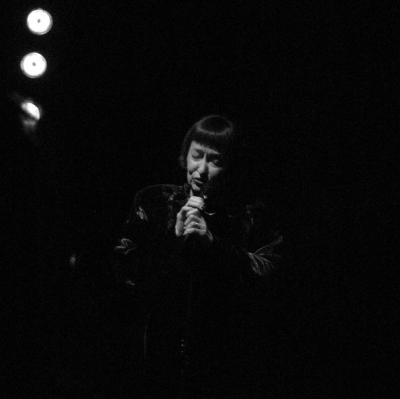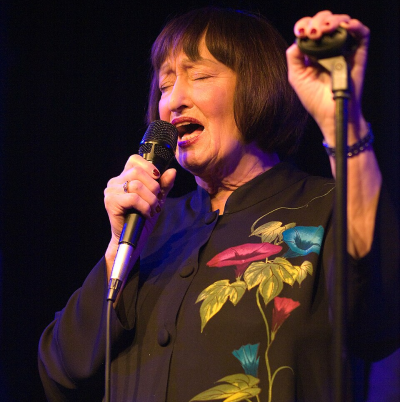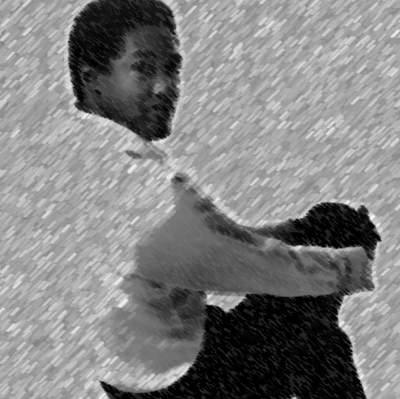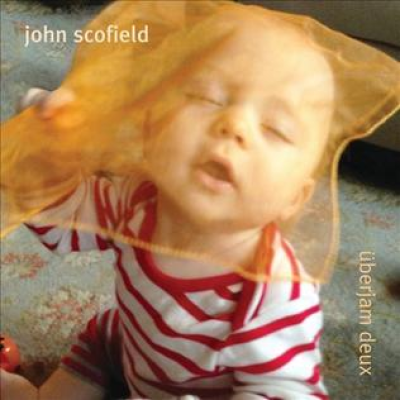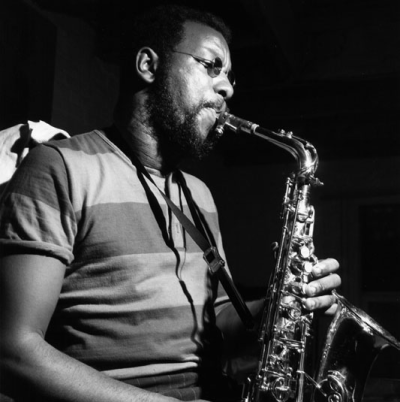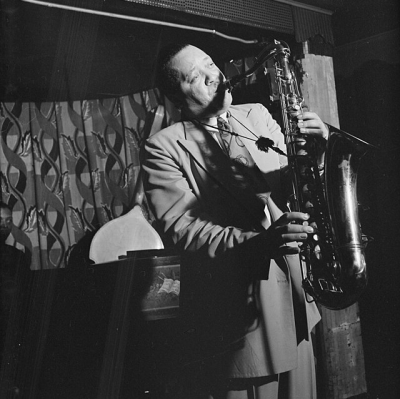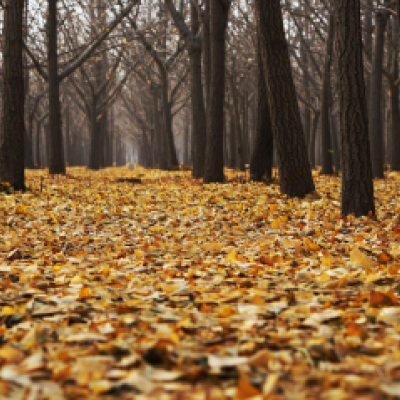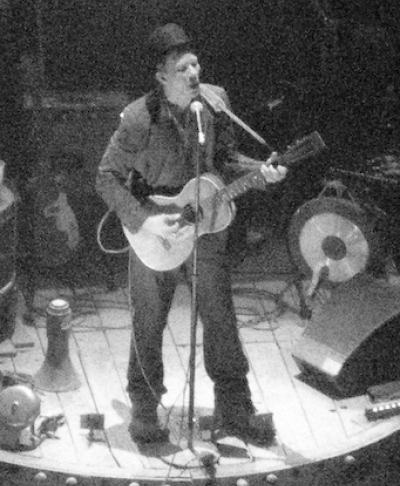“Reminiscing in Tempo” is part of a continuing effort to provide Jerry Jazz Musician readers with unique forms of “edu-tainment.” As often as possible, Jerry Jazz Musician poses one question via e mail to a small number of prominent and diverse people. The question is designed to provoke a lively response that will potentially include the memories and/or opinion of those solicited.
Since it is not possible to know who will answer the question, the diversity of the participants will often depend on factors beyond the control of the publisher. The responses from the people who chose to participate in this edition are published below with only minor stylistic editing. No follow-up questions take place.
*
(For this edition, some of the responses came from Jerry Jazz Musician interviews where this specific question was asked)
_____
Who was your childhood hero?
Well, when I think childhood hero, you mean, like at age 8 or 10? Or, more likely, my first jazz hero.
That would have been definitely Duke Ellington, more specifically the Duke Ellington Orchestra. Amazingly, when I was about 14, I would guess, the Ellington band played a gig at my local high school in rural Indiana. It was my first chance to see world-famous jazz musicians live in person, and it was stunning. Duke was great on stage, with all his different outfits and kidding around with the audience, and the music just swung like crazy. I had been playing jazz for a couple of years, or trying to, anyway, so I was ready for the experience. I got to see the band again a year or two later at a jazz festival.
__________________________________________________
Saxophonist, recording artist
My childhood hero is without a doubt my father, who taught me the love of music.I would refuse go to sleep unless I had the radio playing in the background.
To me it’s the biggest gift I could ask for and that makes him my hero.
__________________________________________________
__________________________________________________
In high school, when I started to get interested in jazz more seriously, I first heard the amazing recording of “Shenandoah” by Perry Robinson and Badal Roy. His sound has always come from another world, and it still does. I got to know him a few years later, and a decade or so after that for a little while I lived above the Ear Inn in downtown New York, and Perry would play every Monday night. He would shout out “Maest!” when I entered the club, and he sometimes let me join in.
The man on the squeezebox leans into the microphone and starts crooning the tale of Buddy Bolden, a story that I keep hearing over and over again, inside my recollections and all over the world. What happened to him? What was he thinking about all those years? What did that one note do to him? He needed to play it, he needed to get lost, there was no other way.
Perry calls me up to the stage: “Now do it, your turn, play like Buddy, like this is the last note you will ever let loose.” Then I knew just where the history of jazz began and where it went wrong, how that first note released the madness of our century’s sudden music conjured up on the spot, and I’m up there, it’s 2am and I’m privileged to stand by the master as he leads me into a Russian folk tune, “Moscow Nights,” that he first recorded in the sixties. The impossible memories are the ultimate refrain, the sound and the stories, the memory and the moment, the master and the student. All sounds are Buddha’s voice, all one, all none. We cry out for something we can barely see, a goal that we will never attain although it is always right here. For an instant, I question no more. Far from this city lie the fountain and the heart, the mountain and the desert of the world. I taste the wet song with my dry, parched tongue.
__________________________________________________
My Childhood Musical Hero? It would be difficult to single out one specific individual since multiple great artists and songwriters have inspired and influenced my writing.
I remember my mother playing her collection of records; Ella Fitzgerald singing “Don’t Mean A Thing If It Ain’t Got That Swing”; Wow…Ella could sing and scat like nobody else.
The easy feel of Peggy Lee singing, “You’re Getting To Be A Habit With Me”…her voice was mesmerizing. Nat King Cole, Louis Armstrong and Rosemary Clooney’s recordings were always being played in our household and I sang along with every word. At the time, I had no idea the impact these singers, songwriters and composers would have on my future career choice. Incredible song writers like Cole Porter, Duke Ellington, Henri Mancini, George Gershwin, Dorothy Fields, Johnny Mercer; for without the songwriter, there would be no songs to sing, no music to melt our soul and shape the course of our lives. I am so appreciative of their talent and abilities…they have made our world more beautiful with their voices and songs.
__________________________________________________
I think my mom was my hero. My mom took great care of me and she was a person I looked up to. I didn’t really have heroes like clear role models, like people or figures that I idolized…I think the first record I ever bought was a Sonny Rollins record, Saxophone Colossus, and from that point on Sonny Rollins became a hero of mine. I was nine or ten or so at the time, and my mom paid for the record…
(Responded during a December 12, 2001 interview)
__________________________________________________
Writer, critic, biographer, educator
Well, (Louis) Armstrong, from the time I was 15. Aldous Huxley is the other boyhood hero I have never let go of. I often think about writing a book about him. For years I went about collecting first editions of fifty some volumes of his. Dwight Macdonald had a huge influence on me as a critic when I was very young. Bach and his “B Minor Mass” really changed my life in a way, and it was in fact because I knew the “B Minor Mass” that I think Armstrong had the impact that he did on me, because that was the first music I had heard since the “B Minor Mass” that moved me in quite that way, that gave me that same kind of emotional excitement. It’s funny, it’s all kind of circular, because I got to Bach through Huxley. I had read “Point Counter Point,” and in the third chapter there is a description of the flute and strings “Suite in B Minor,” so I ran out to buy that and that’s what started me on Bach. I loved Gershwin, and got into “Rhapsody in Blue.” I heard some jazz live, bought Armstrong’s 1928 recordings and that was really the central religious experience of my life. Nathaniel Hawthorne was big for me, “The House of the Seven Gables,” which was the book that I think first made me want to be a writer. All my heroes were either literary or musical.
(Responded during a March, 2001 interview)
__________________________________________________
I grew up near Pittsburgh in the seventies, which was a great decade for Pittsburgh sports. The Pirates won two World Series and the Steelers won four Super Bowls during this time. I was in the heart of my childhood, and in my prime of being a sports fan as well, so it was a magical time for me. Every time I hear the names of the great players of those teams — Willie Stargell, Roberto Clemente, Terry Bradshaw, Lynn Swann, “Mean” Joe Greene, Jack Ham, Jack Lambert, not to mention guys who aren’t remembered as well any more like, say, Richie Hebner and Rocky Bleier — it conjures up a whole range of feelings and memories.
I’d have to add at least two other people to my list, although I didn’t think of them as “heroes” at the time. One is my uncle Alan Magee, an artist. I look back and realize that I studied his illustrations and paintings — and his independent way of life — for clues about how I could live. The other is my father, Richard Magee, who read my early attempts at writing and, by making marginal comments, showed me that choosing the right word is a serious business, that writing is a painstaking process, a challenging craft. Also, my father — my whole family, really, including my mother Joyce and brother Rich — is liberal in a sense that seems to have been lost: open-minded, tolerant, generous, compassionate. I would say that my late-blooming interest in jazz — after growing up listening to seventies pop and learning classical piano — owes something to that background.
(Responded during a January 17, 2005 interview)
__________________________________________________
I grew up during the Great Depression, and at the time my father was a traveling salesman who would often come home with five bucks in his pocket after working all week. At least Franklin Delano Roosevelt seemed to be doing something about these tough times, and because of that, I would have to say that he was my childhood hero.
I used to listen to the radio a lot — Jack Armstrong, the All-American Boy was among my favorite shows — and I remember the day that the guy from the finance company came and took our radio away because we couldn’t make the payment. I figured F.D.R. could help out.
(Responded during an October 6, 2005 interview)
__________
Visit the Childhood Hero Archive







